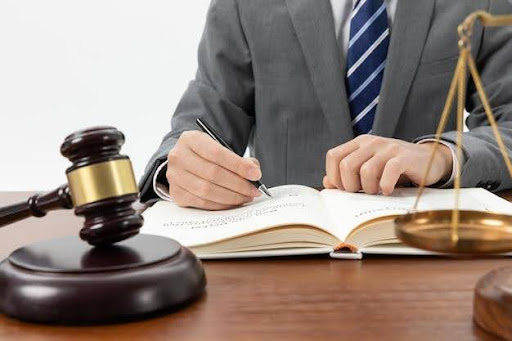Deposition is a key part of the discovery phase in a personal injury lawsuit. Both sides gather valuable information by questioning witnesses under oath. The answers can influence the course of a settlement or trial.
If you’re unsure about things, consult Abels & Annes, P.C. to understand how deposition impacts your case. It’s an essential step in shaping the outcome of legal proceedings.
Who Is Involved in a Deposition?
Several key participants play important roles in a deposition. The plaintiff and defendant are questioned by each other’s attorneys, and a court reporter is present to transcribe everything said.
Sometimes, expert witnesses may also be involved to provide their professional opinions. Attorneys guide the process, asking questions to gather information. Everyone involved ensures the testimony is accurately recorded under oath, making it an essential part of the case.
How Depositions Are Conducted
Depositions typically take place in a lawyer’s office rather than a courtroom. The deponent is sworn in under oath, ensuring their testimony is truthful. The process follows strict rules of procedure with a structured Q&A format.
Attorneys ask questions to gather information; objections may be raised if a question is deemed inappropriate. In some cases, depositions may be video recorded to provide a visual record of the testimony, which can be used later in court or settlement negotiations.
Common Questions Asked During a Deposition
Expect several types of questions during a deposition.
First come the questions about your job, health history, and daily routine. Then come detailed questions about the accident—what you saw, heard, and did. You’ll be asked about your injuries, medical treatments, and how they affect your life.
Opposing attorneys often ask probing questions like
- “How exactly did the accident happen?”
- “Are you sure you weren’t distracted?”
- “Have you had similar injuries before?”
Every answer matters. Being truthful and consistent is crucial because contradictions can damage your credibility later.
Strategic Importance of Depositions
Depositions can make or break a case. Strong, consistent testimony supports your claims, while shaky answers weaken your position. If a witness changes their story later, attorneys can use the deposition transcript to challenge their credibility in court.
Most personal injury cases settle, and deposition testimony often determines the settlement amount. A confident witness may push the defense to offer more, while a problematic one could make them dig in. In rare cases, an extremely damaging deposition might lead to immediate settlement.
How to Prepare for a Deposition
Preparing for a deposition involves working closely with your attorney to review the facts and anticipate potential questions. Your attorney will guide you through the process, helping you stay calm and composed.
It’s important to answer only what’s asked, avoid guessing, and never volunteer additional information. Keeping answers clear and to the point helps maintain the strength of your testimony.
How Depositions Affect the Case
After a deposition, the transcript is used for trial preparation or motions. The information gathered may influence settlement negotiations or trial strategies. Sometimes, the deposition’s outcome could lead to a quick resolution, with one party deciding to settle based on what was revealed during the process. It often serves as a turning point in the case.






